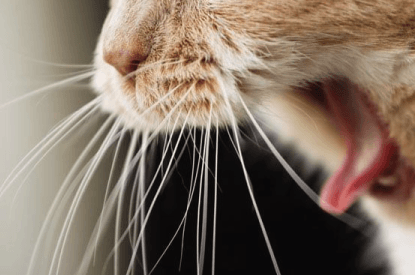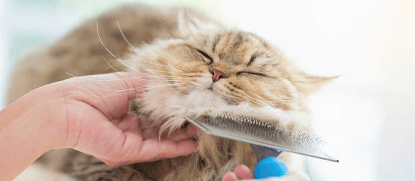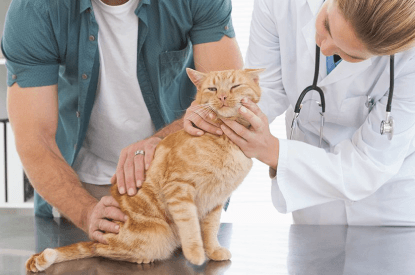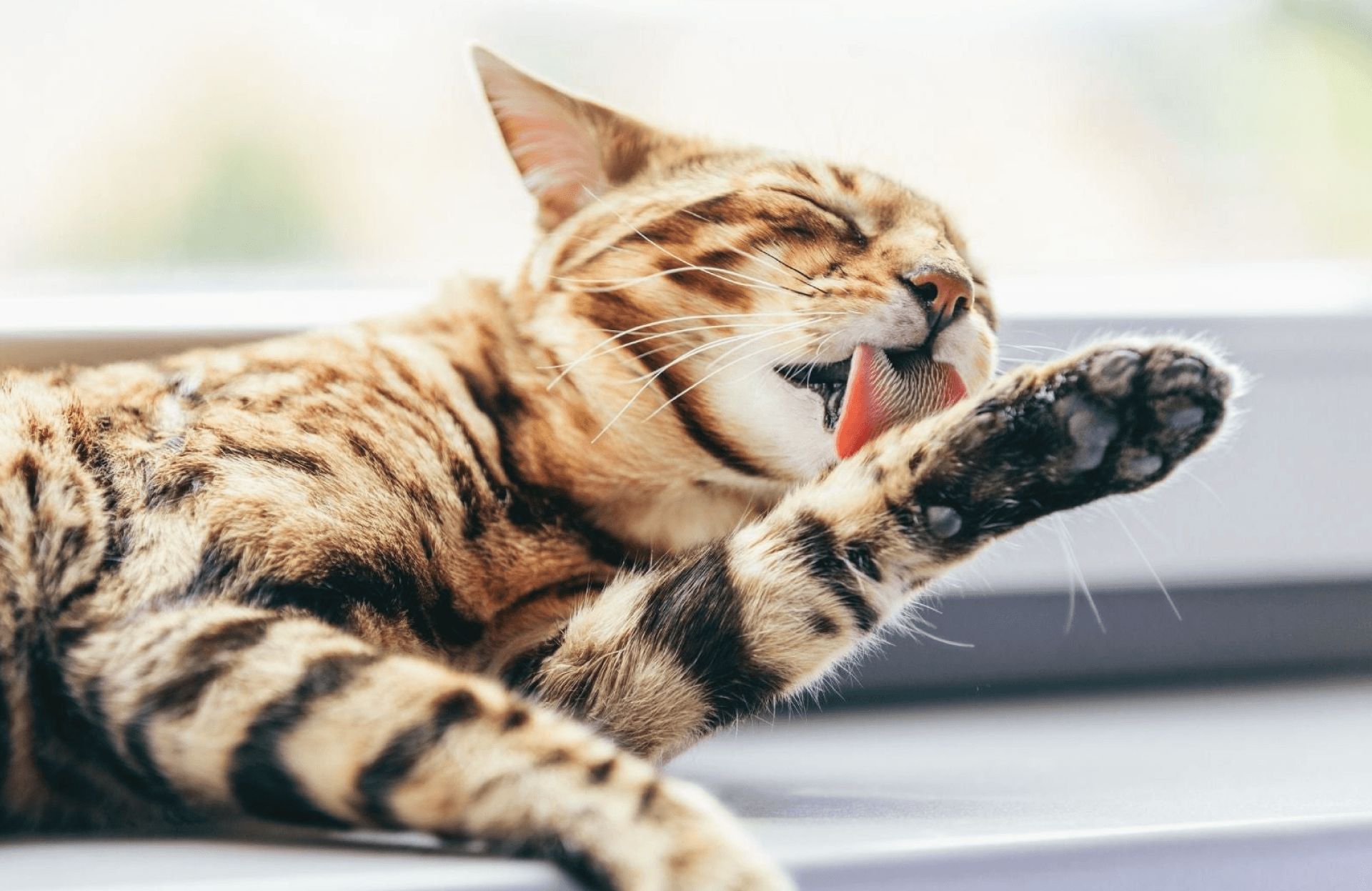Cat Hairball: What should you know?
If you have a cat, you are probably quite familiar with the hairball routine.
The moment you hear those coughing and retching sounds from your cat, you know you have something to clean up. Hairballs in cats are unpleasant, especially for those who are doing the cleaning. It is definitely not the most glamorous part of having a cat.
Does every cat have hairball issue?
You may wonder whether hairball is normal. An occasional small bunch of hair may not be something serious, but frequent hairballs might be caused by some other health issues. For example, anxiety or allergies.
What is Cat Hairball?
A cat hairball is a collection of dead hair and digestive juices that have formed in your cat’s stomach. Hairballs are the result of healthy grooming habits. Cats groom by licking at their fur, their tongues have little barbs to snag the fur as they shed. When cats groom, they typically swallow hair. Some of the hair will pass through their digestive tract and their faeces with no complications. However, some of the hair accumulates in the stomach and develops into a hairball.
Are Cat Hairballs Normal?
You are certainly not alone if your cat is having hairballs. Although it may be distressing to hear your cat gagging and retching, then expel a hairball, don’t worry – it is normal. Your cat is trying to vomit them up to prevent the hairball going into the intestine and causing a more serious problem such as blockage.

"My cat coughs up hairball every month, is it normal?"
It is normal to for a cat to have a hairball every fortnight or monthly.
However, if your cat has hairballs frequently, it is always a good idea to take them to see a vet. It may be a symptoms of an underlying health problem, and it is always better to check it out as soon as possible.
What are The Symptoms of Hairballs in Cats?
Hairball can cause problems if they are not vomited out and get stuck in the digestive tract. The blockage can be life-threatening. Gastrointestinal blockages require immediate medical treatment. If your cat displays any of these symptoms of a possible blockage, consult your vet immediately.
- Repeated unproductive retching (retching without producing a hairball)
- Lack of appetite
- Lethargy
- Constipation
- Diarrhea
What Can You Do to Prevent or Reduce Hairballs?
While hairball cannot be completely prevented, there are things that you can do to reduce the likelihood of your cat having hairballs or have the frequency reduced.
1. Regularly Groom Your Cat

One of the best ways to reduce hairball development in your cat is to brush or comb their coats frequently. Regular grooming helps to remove the loose hair, which directly reduce the amount of hair your cat ingests.
It is also a great bonding session with your feline family.
2. Food with High Fibre
Feeding your cat the right balance of nutrients is important in addressing hairball problems.
Food that is high in fibre helps to move hair through the digestive system more efficiently. Other than that, appropriate amount of fatty acids in your cat food helps to promote healthy skin and coat too. Always read the label of your cat food to be aware of what you are giving to them.
Look at your cat’s food label to identify the percentage of fibre.
Check for the ingredients that are high in fibre with good quality, and beneficial to your cats, such as:
- Peas (5g per 100g)
- Chickpeas (17g per 100g)
- Flaxseed (27g per 100g)
- Fruits, for example blueberries (2.4g per 100g)
- Avocado (7g per 100g)
- Beet (2.8g per 100g)
- Carrot (2.8g per 100g)
Reference Source from: USDA
Check out Fussie Cat Dry Food Formula – Market Fresh, which is high in fibre with Omega 3 and Omega 6 Fatty Acids. Fussie Cat Market Fresh include peas, chickpeas, flaxseed and blueberries in the ingredients to provide healthy fibre for our felines.
- AAFCO Compliant
- Complete and Balanced Diet
- Suitable for All Life Stages
- Rich in Meat Protein
- Potato & Grain Free
- High in Fiber

Be a smart cat parent, read the list of ingredients and make sure there are high fibre ingredients, such as peas, chickpeas and flaxseed for your cat. To help them reducing the risk of developing hairball.
3. Discourage Excessive Grooming

If you suspect your cat’s hairball problems are a result of overgrooming, you may want to train your cat with some other activities instead of licking their coat. You may try to give your cat a new toy or interrupt with a game or a good cuddle.
Excessive grooming can be a sign of anxiety or food sensitives that cause itching.
So if your cat is grooming too much, discuss with your veterinarian.
Monitoring and Care are Important
Cat Hairballs are usually not big deals. Prevention is always a good idea. Brush your cat’s coat regularly and ensure that their intake of food provides them sufficient fibre and fatty acids. Fibre helps to move the hair through their digestive system; fatty acids promote skin and coat health which subsequently reduce hair fall.
However, if you notice the serious symptoms which may lead to a blockage, you should take your cat to the vet before it gets worse. Prevention is always better than cure.
Share this Post:







